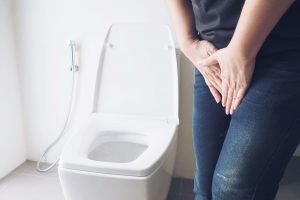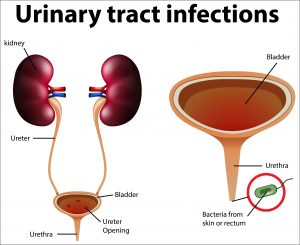Disclaimer:
This article is for information purposes only. It is not a substitute for medical advice or treatment. Seek medical care for your treatment
A urinary tract infection (UTI) can be tormenting and distressing, especially if it is a recurrent UTI.
UTI is a very common ailment in any part of the urinary system, such as kidneys, bladder, urethra and ureters. Being women we are more susceptible to UTI than men because of our body anatomy. In women urethra is closer to anus and bacteria lying around our anus can sneak into the bladder by invading urethra. According to some experts every 1 in 2 women will have UTI, whereas, approximately 1 in 10 men will get UTI in their life.
Usually bacteria create UTIs but sometimes virus and fungi can also lead to the infection.
Mostly infections occur in the lower urinary tract (bladder and urethra). E.coli present in our digestive system easily reaches our urinary tract through urethra. E.coli is the most common germ resulting in UTI. Mycoplasma and Chlamydia create urethritis in men and women.
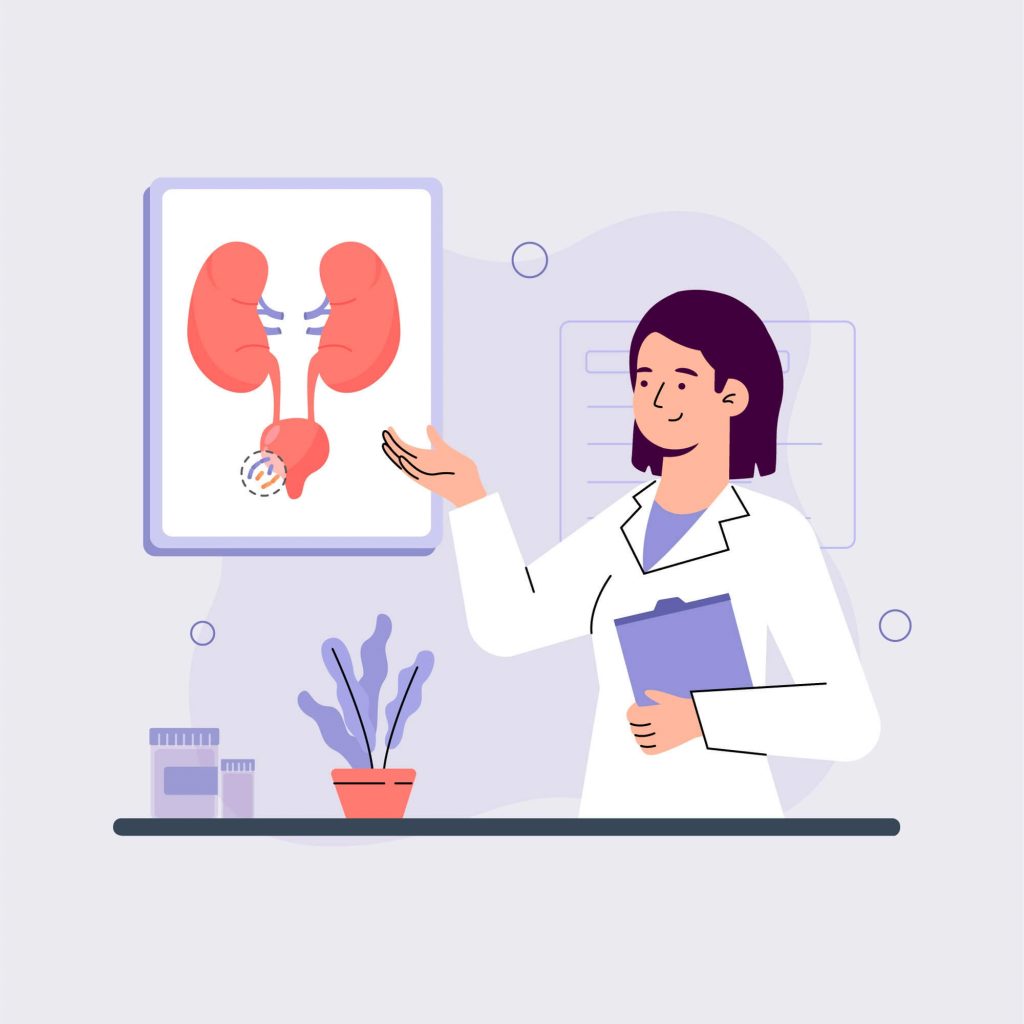
What is urinary tract?
Urinary tract is the filter of our body. Urinary tract makes and eliminates urine from our body. Urine is the byproduct of our kidneys. Urine is bacteria free and moves from our kidneys via ureters to the bladder where it is stored. Urine leaves our body through urethra; this is how our urinary system works. Urinary tract has two parts:
- Upper urinary tract has kidney and ureters.
- Lower urinary tract has bladder and urethra.
Urinary tract and its parts need to work together in order to function properly.
Types of Urinary tract infections
Any part of the urinary tract can be infected and has various names of it. Some infections are critical and need immediate attention. Listed below are the types of infections:

- Cystitis: is the irritation and swelling of the bladder. Chronic cystitis is a prolong ailment. Cysitits is the result of bacteria entering bladder or urethra. Cystitis hurt when you urinate. You feel strong urge to pee often. Lower back pain is also one of its symptoms.
- Pyelonephritis: is a urinary tract infection of one or both the kidneys. They are infected because of bacteria or a virus. Pyelonephritis symptoms are visible enough like fever, nausea or vomiting or discomfort in upper back.
- Urethitis: is the inflammation of urethra, causing an unusual discharge and stinging sensation when you pee.
- Vaginitis: is the infection of vagina, causing pain, irritation and discharge.
Causes of UTIs
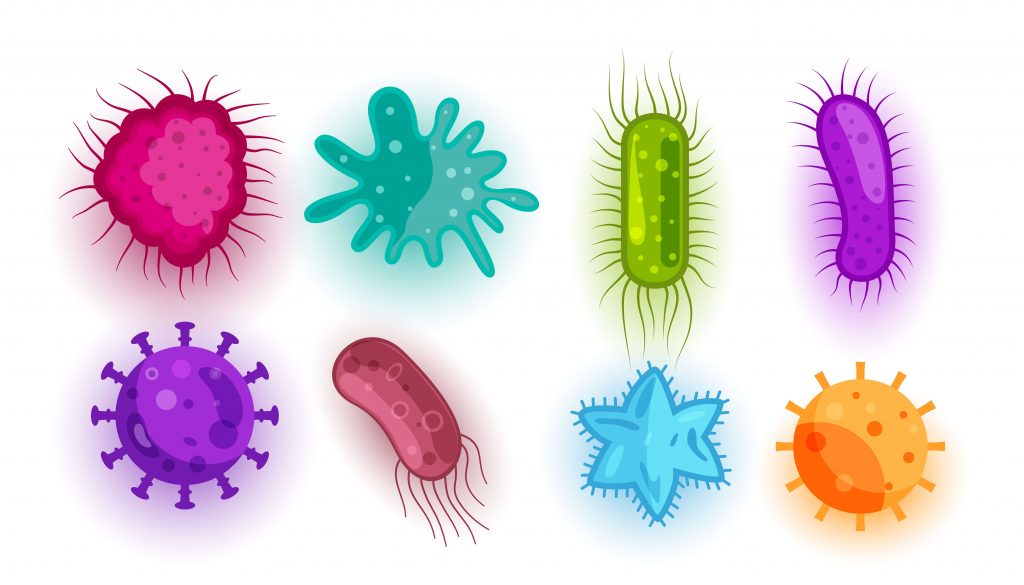
Various bacteria reside on our skin or around the rectum and vagina. Bacteria from the outside enter the urethra and travels to the bladder. Generally body washes out the bacteria before it reaches our bladder but in some cases the body fails to do so and leads to a UTI. Following bacteria lead to a UTI:
- E.coli
- Protus mirabilis
- Enterococcus faecalis
- Staphylococcus saprophyticus
- Klebsiella pneumoniae
Anyone can have UTI, but women are more likely to get it because of their body anatomy.
Symptoms of UTIs
- Pain in abdomen area
- Pelvic pain
- Stinging or burning sensation when urinating
- Bad smelling urine
- Blood when urinating
- Urine leakage or urinating frequently
- small amounts of urine
- frequently urinating at night
- rectal pain in men
- pain during sex
- fatigue
- fever or chills
- disoriented
UTI diagnosis
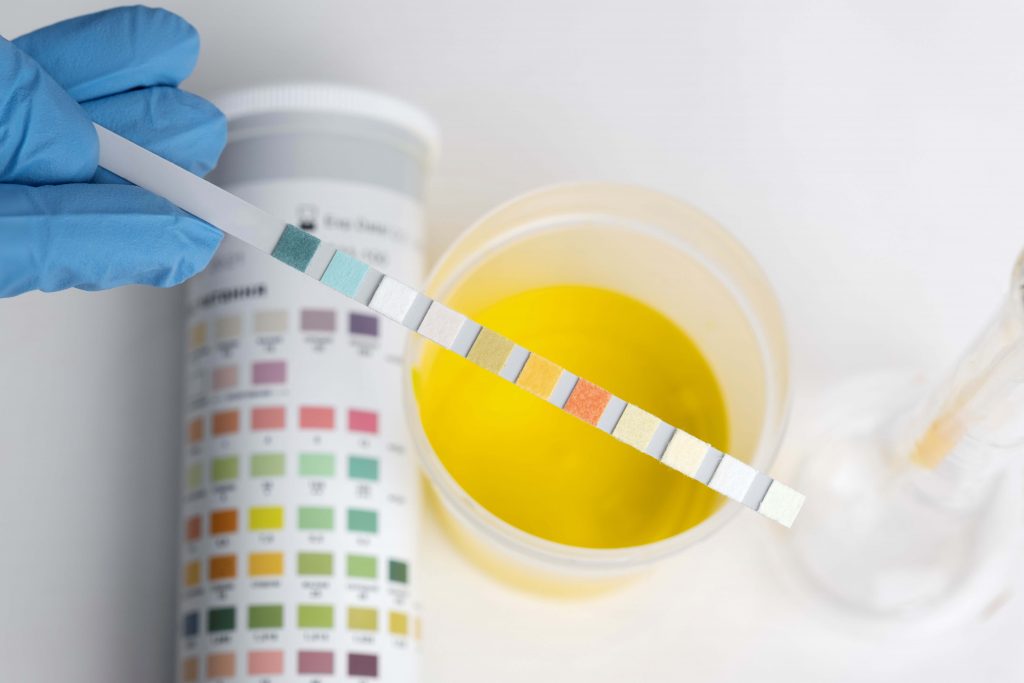
After learning the symptoms of UTI if you doubt that you have a UTI consult your doctor. He will suggest some tests and you will give urine sample for infection causing bacteria. If you get recurrent UTIs your doctor will recommend the following test:
- urinalysis
- urine culture
- cystoscopy
- CT scan
How to prevent a UTI re-infection
UTI is very common around the world. A complete antibiotic course is recommended by the doctor. But some people like to adopt natural remedies to treat this infection. In certain cases UTI comes back again and again. Adopting these points can prevent a recurring UTI:

- Urinate frequently:
Don’t hold your pee. Urinating frequently can stave off bacteria from the body. Bacteria live in warm and cosy places. Holding back your pee, let bacteria grow and multiply in your bladder. Thoroughly empty your bladder this will curb bacteria growth. So it is imperative to keep yourself hydrated. Don’t wait for 3-4 hours to empty your bladder. It is absolutely fine to pee 4-8 times a day. Pregnant women should frequently and fully empty their bladder because they are more likely to get a UTI.
- Avoid certain fluids and foods:
Some fluids can irritate and worsen your infection. For example
- Alcohol
- Citrus juices
- Caffeinated drinks
- Spicy foods
- Wash your genitals:
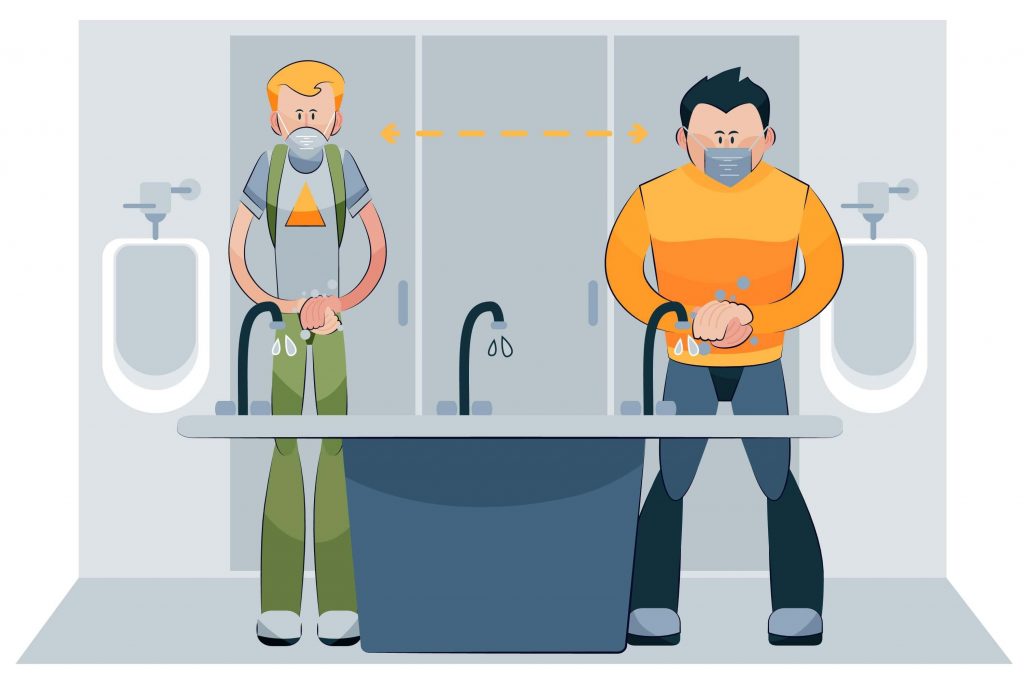
Sex raises the chances of getting UTI, especially for women because bacteria can sneak into urethra during sex. It is good practice to wash your hands and genitals before and after having sex. Drink ample water and urinate right after having sex this does not let the bacteria sit that unfortunately, may have entered during sex.
- Wipe from front to back:
E.coli is present around the anus. Always clean from front to back after excreting or urinating to halt bacteria from moving to the urethra. This practice should also be followed if you have diarrhea. Diarrhea makes it difficult to control bowel movements, which elevates the risk of E.coli spreading to the urethra.
- Drink plenty of water:
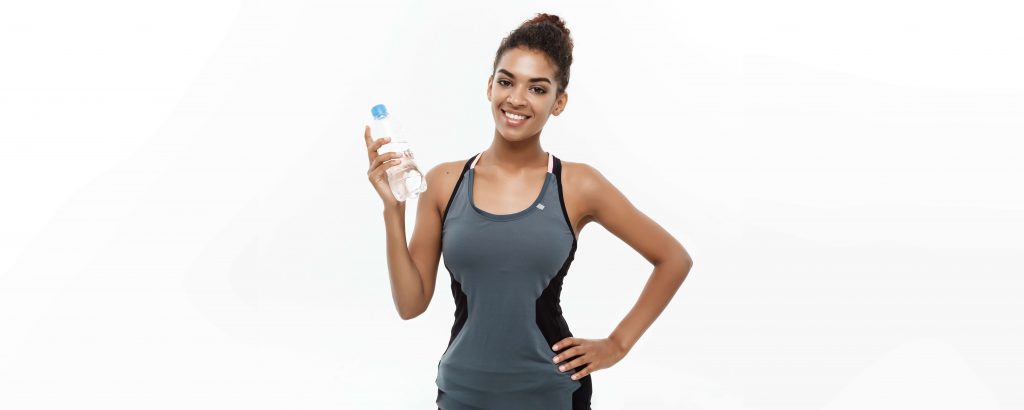
Water is significant for our survival. Drinking ample water fends off bacteria from our bladder and urinary tract before it starts setting in. Stay hydrated, in this way you can’t hold back your pee. Water dilutes your urine and minimizes the bacteria concentration in your bladder. In some cases drinking enough water keeps them UTI free. Try to drink minimum 1.5 liters of fluid daily. Follow these steps to stay hydrated:
- Drink 6-8 glasses of water regularly.
- Try drinking sparkling water, decaffeinated herbal tea, unsweetened fresh juices, fruit smoothies and milk if you find it difficult to drink plenty of plain water.
- Avert caffeinated drinks; they may irritate your bladder.
- Purchase new, comfortable bottle.
- Set an alarm or reminder to drink water if you can’t remember.
- Stay away from feminine scented products:
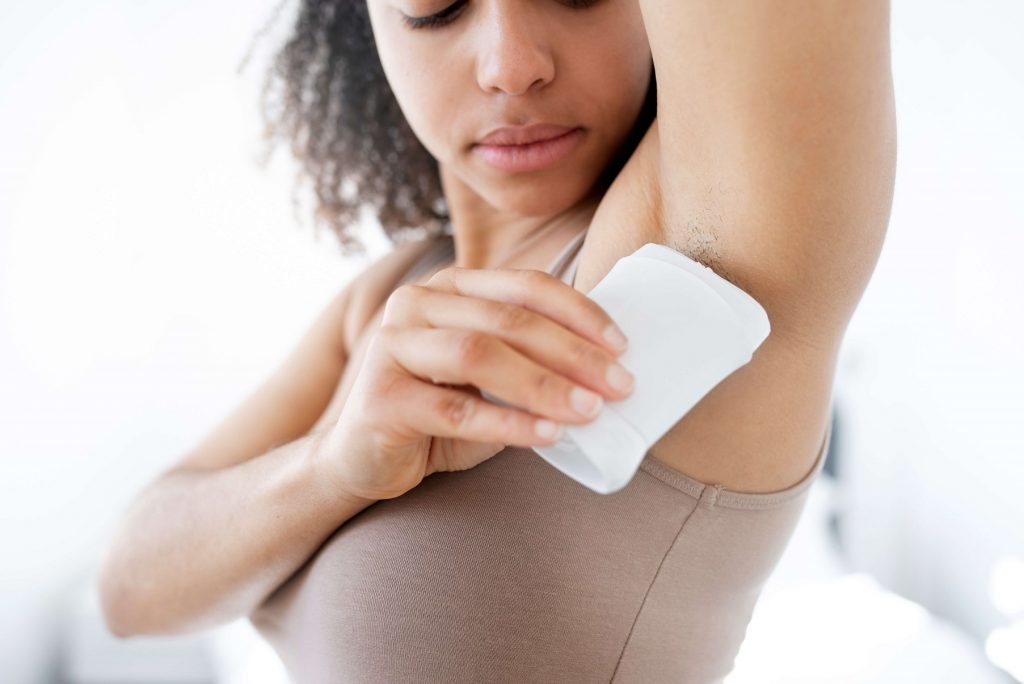
There is a healthy bacterium that keeps our vagina healthy and balances the pH level. Several scented products can upset this balance, leading to bacterial vaginosis and yeast infections. Abstain from using these products:
- Douches
- Scented sanitary pads or tampon
- Scented powders
- Deodorant
- Scented soaps
- Take showers than baths:
Choose shower over baths. It is good to take shower than baths in bath tub. Baths can irritate genitals causing vaginal bacteria.
- Change your clothing style:
Don’t wear skin tight clothes and nylon underwear because they give birth to bacteria. Keep your genitals dry by wearing cotton underwear and loose clothes.
- Explore other birth control methods:
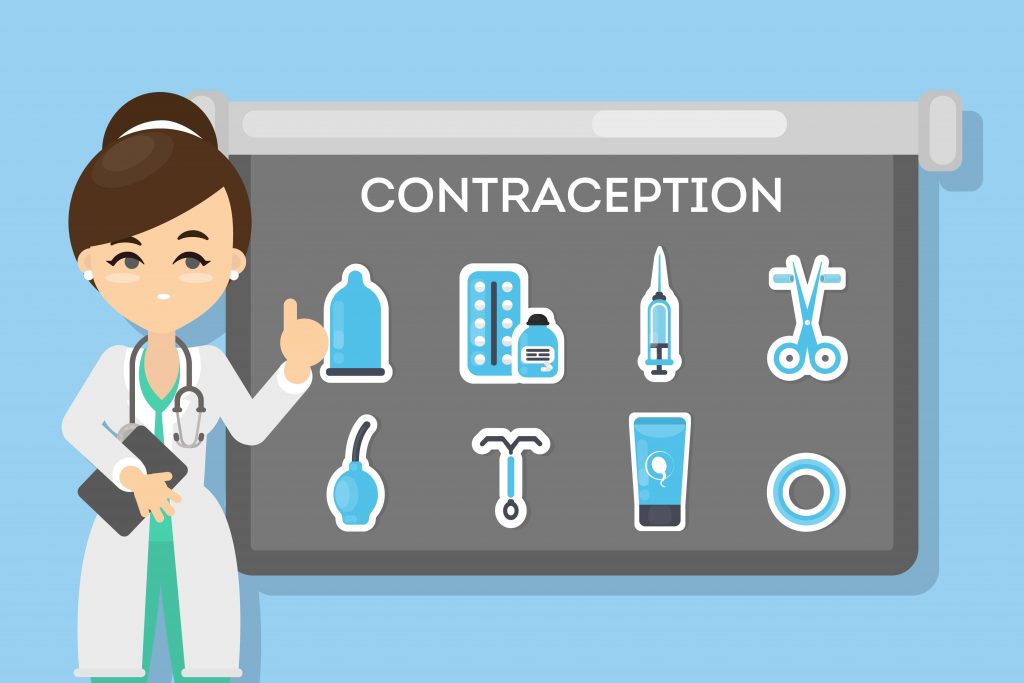
Birth control methods can lead to UTIs. If you have vaginal dryness switch to water based lubricants. Some birth control methods promote overgrowth of bacteria. These are:
- Diaphragms
- Non-lubricated condoms
- Spermicides
- Spermicide conmoms
If your birth control is contributing to UTIs, immediately consult your healthcare provider. Your doctor will suggest you some suitable alternative methods.
- Drink unsweetened cranberry juice:

Cranberries prevent UTI infection. Cranberries have proanthocyandins that fends off E.coli from urinary tract. Vitamin C in cranberries increases the acidity of urine, which prevents the growth of harmful bacteria. You can munch on fresh or frozen cranberries for desirable results.
Conclusion
Try to follow these preventive ways to avert recurrent infections. Immediately consult your doctor if your symptoms get worse.

